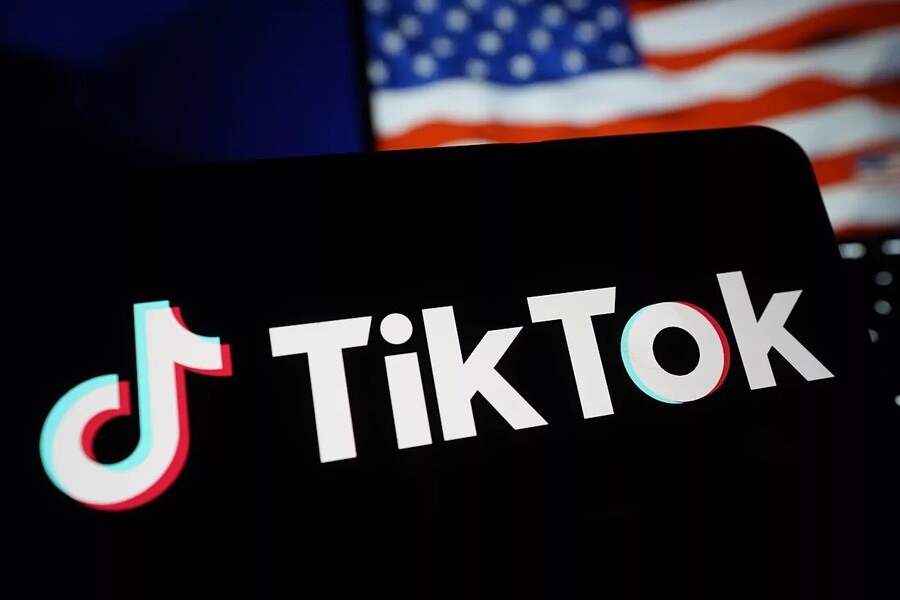TikTok Denies Claims of Building U.S.-Only App Amid Growing Regulatory Pressure

In the wake of escalating regulatory scrutiny and pressure from U.S. lawmakers, TikTok is forcefully denying a report from Reuters that claims the company is developing a standalone version of its app specifically for the United States, complete with a separate algorithm and isolated data operations. The report, which has stirred renewed debate about the future of TikTok in the American market, was dismissed by the company as “factually inaccurate” and “based on anonymous, uninformed sources.”
The Reuters Report: Project “M2”
The Reuters article, published earlier this week, cites unnamed TikTok employees who allege the existence of a covert technical project codenamed “M2.” According to the report, the initiative involves building a fully separate U.S.-focused version of TikTok that would operate independently of its global app. This version would purportedly use only American user data to train its recommendation algorithm, in an attempt to comply with anticipated U.S. regulatory requirements.
Reuters positioned this alleged effort as a strategic response to the Protecting Americans from Foreign Adversary Controlled Applications Act, a 2024 law that mandates TikTok’s Chinese parent company, ByteDance, to divest its U.S. operations or face a potential nationwide ban.
Despite reaching out for comment before publication, TikTok did not engage directly with Reuters, choosing instead to issue a public denial once the report went live.
“The Reuters story is false,” TikTok said in an official statement. “We are not developing a separate U.S.-only version of TikTok, and any suggestion otherwise is not based on fact.”
Why It Matters: Regulatory Pressure and Industry Implications
Regardless of the veracity of the “M2” project, the report underscores the persistent uncertainty surrounding TikTok’s operations in the U.S.—uncertainty that is being closely watched by users, marketers, and policymakers alike.
Over the past few years, TikTok has faced bipartisan criticism in Washington over concerns about user privacy, data security, and the potential influence of the Chinese government. These fears culminated in the 2024 divest-or-ban legislation, which remains in legal limbo pending ongoing court challenges.
If the alleged standalone app were to materialize, it could represent a dramatic pivot in how TikTok operates globally, potentially creating a fragmented platform where American users interact with a fundamentally different system than those elsewhere in the world. While TikTok denies this development, digital marketers and content creators reliant on the platform are advised to stay alert to possible structural changes that could alter advertising strategies, data handling, and content reach.
Considerations for stakeholders include:
- Data sovereignty: Will the U.S. enforce stricter controls on how user data is stored and processed?
- Algorithm transparency: Will a separate algorithm impact content visibility and engagement rates?
- Platform continuity: Could fragmentation lead to differences in feature rollout or ad tools across regions?
What’s Next: Denial Doesn’t End the Story
While TikTok’s categorical denial seeks to quash the “M2” narrative, the broader geopolitical and regulatory tensions remain very much alive. Lawmakers continue to call for greater oversight of foreign-owned digital platforms, and ByteDance has yet to publicly reveal a comprehensive plan to satisfy U.S. demands.
Legal experts expect further developments in the coming months as courts weigh the constitutionality of the 2024 law. Meanwhile, companies using TikTok as a primary marketing channel may want to prepare contingency plans, just in case regulatory decisions lead to forced divestment or operational overhauls.
Bottom Line:
TikTok says it is not building a U.S.-only app, but the Reuters report—accurate or not—reflects a climate of deep mistrust and ongoing uncertainty. As the legal and political battles continue, businesses and users alike should stay informed and flexible.
